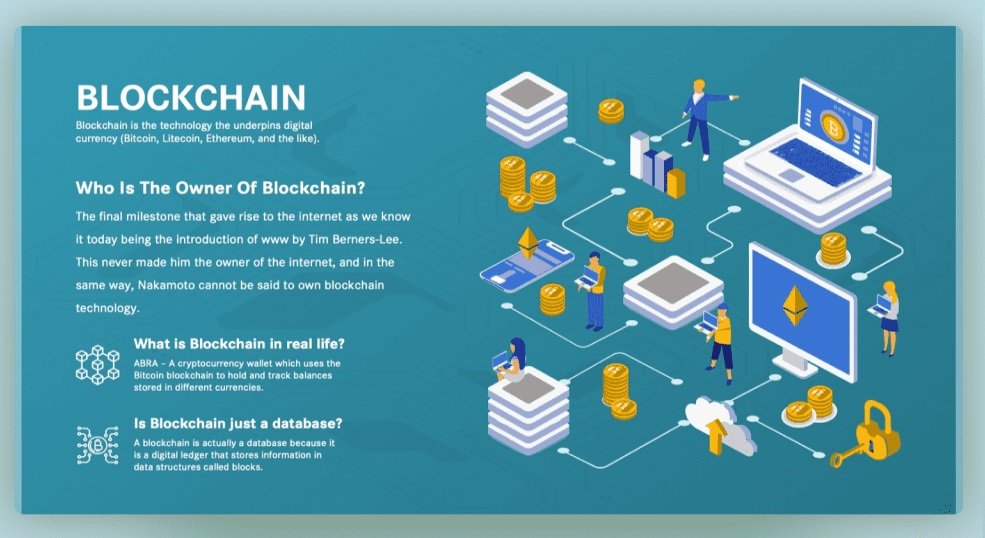History & Theory
cryptocurrency
digital asset
Also known as: crypto currency
Top Questions
What is cryptocurrency?
Cryptocurrency is currency in a digital form that is not overseen by a central authority.
How was cryptocurrency invented?
The first cryptocurrency was created by Satoshi Nakamoto, the pseudonym for an anonymous computer programmer or group of programmers, on January 3, 2009, when Bitcoin software was made available to the public. The software would release some 21 million Bitcoins after its release to the public. People seeking Bitcoins are known as miners and could win them in a virtual lottery process.
What is cryptocurrency mining?
Cryptocurrency mining, or crypto-mining, is a verification process that upholds the Bitcoin economy. In crypto-mining, computers enter the Bitcoin network and approve transactions. With the rise of cryptocurrencies, mining has become a major industry. Personal and home computers are no longer powerful enough to sustain the colossal number of transactions. Because of this, mining requires enormous amounts of energy to power the advanced computers necessary to approve cryptocurrency transactions.
Where is cryptocurrency stored?
Cryptocurrency can be stored in online exchanges, such as Coinbase and PayPal, or cryptocurrency owners can store their crypto cash on hardware wallets. Trezor and Ledger are examples of companies that sell these small devices to securely store crypto tokens. These wallets can be “hot,” meaning users are connected to the Internet and have easier access to their crypto tokens, or “cold,” meaning that the crypto tokens are encrypted in wallets with private keys whose passwords are not stored on Internet-connected computers.
Who invented cryptocurrency?
The invention of cryptocurrency is attributed to Satoshi Nakamoto, the pseudonym for the creator or group of creators of Bitcoin. The exact identity of Satoshi Nakamoto remains unknown.

New Bitcoins are created by users running the Bitcoin client on their computers. The client “mines” Bitcoins by running a program that solves a difficult mathematical problem in a file called a “block” received by all users on the Bitcoin network. The difficulty of the problem is adjusted so that, no matter how many people are mining Bitcoins, the problem is solved, on average, six times an hour. When a user solves the problem in a block, that user receives a certain number of Bitcoins. The elaborate procedure for mining Bitcoins ensures

that their supply is restricted and grows at a steadily decreasing rate. About every four years the number of Bitcoins in a block, which began at 50, is halved, and the number of maximum allowable Bitcoins is slightly less than 21 million. As of early 2022 there were more than 19 million Bitcoins, and it is estimated that the maximum number will be reached about 2140.
The method Bitcoin uses of adding new blocks to the blockchain through the computational power exerted by its users is called “proof of work” and is used by the majority of cryptocurrencies. Another method of adding valid blocks to the blockchain is “proof of stake,” in which the ability to validate a block is based on the user’s already existing stake in the cryptocurrency. Proof of stake has the advantage over proof of work of being much less energy-intensive, and Ethereum, the second largest cryptocurrency after Bitcoin, plans to change from proof of work to proof of stake.


As of 2022 the market capitalization of cryptocurrencies was about $1.8 trillion, with Bitcoin and Ethereum making up the majority of that sum, with market capitalizations of about $750 billion and $350 billion, respectively. Although there are hundreds of cryptocurrencies, the top 20 coins make up about $1.55 trillion of the market.
Such large amounts of money in cryptocurrencies have attracted the attention of thieves. An early spectacular theft occurred in February 2014, when Mt. Gox, the world’s third largest Bitcoin exchange, declared bankruptcy because of the theft of about 650,000 Bitcoins, then valued at about $380 million. The largest cryptocurrency hack happened from late 2021 to early 2022, when $614 million in Ethereum and USDC (a “stable coin” pegged to the U.S. dollar) was stolen from the Ronin Network, an exchange that allowed players of the online game Axie Infinity to convert tokens earned in the game into cryptocurrency. The Federal Bureau of Investigation identified the Lazarus Group of North Korean hackers as behind the Ronin Network theft.


Cryptocurrencies have proved controversial. Some economists have pointed out that cryptocurrencies do not fulfill the traditional functions of money and so should be regarded as merely speculative schemes. In this view, cryptocurrencies are not mediums of exchange, because they are not typically used to buy or sell goods and services; they are not a store of value, since their values can fluctuate wildly over time; and they are not a unit of account, since very few goods and services are denominated in them. Cryptocurrency experts have responded that the technology is still not mature or widespread enough to replace traditional money. Proof-of-work coins, especially Bitcoins, have been criticized for their energy usage. The profitability of Bitcoin has driven the construction of many large operations with thousands of computers with specially optimized integrated circuits for mining, which has led to Bitcoin consuming 0.5 percent of the world’s electricity. Defenders of Bitcoin have stated that the currency could accelerate the world’s transition to renewable energy by providing a profitable use for wind and solar power during off-peak hours.
As of 2022 only two countries, El Salvador and the Central African Republic, accept a cryptocurrency, Bitcoin, as legal tender. Several countries, most notably China, have banned cryptocurrency altogether, citing the high energy use of mining networks and cryptocurrency’s use in fraud and money laundering. About 40 other countries have banned certain aspects of cryptocurrency trading, such as cryptocurrency exchanges, and have forbidden banks from dealing in them.
In late 2022 Sam Bankman-Fried, the founder and former chief executive officer of FTX Trading Ltd., a cryptocurrency exchange, was arrested and charged criminally and civilly with conspiracy, securities fraud, and money laundering. He was convicted by a jury on multiple counts of fraud and conspiracy in October 2023. Massive numbers of customers of FTX and Alameda Research LLC, also founded by Bankman-Fried, lost at least $10 billion.









